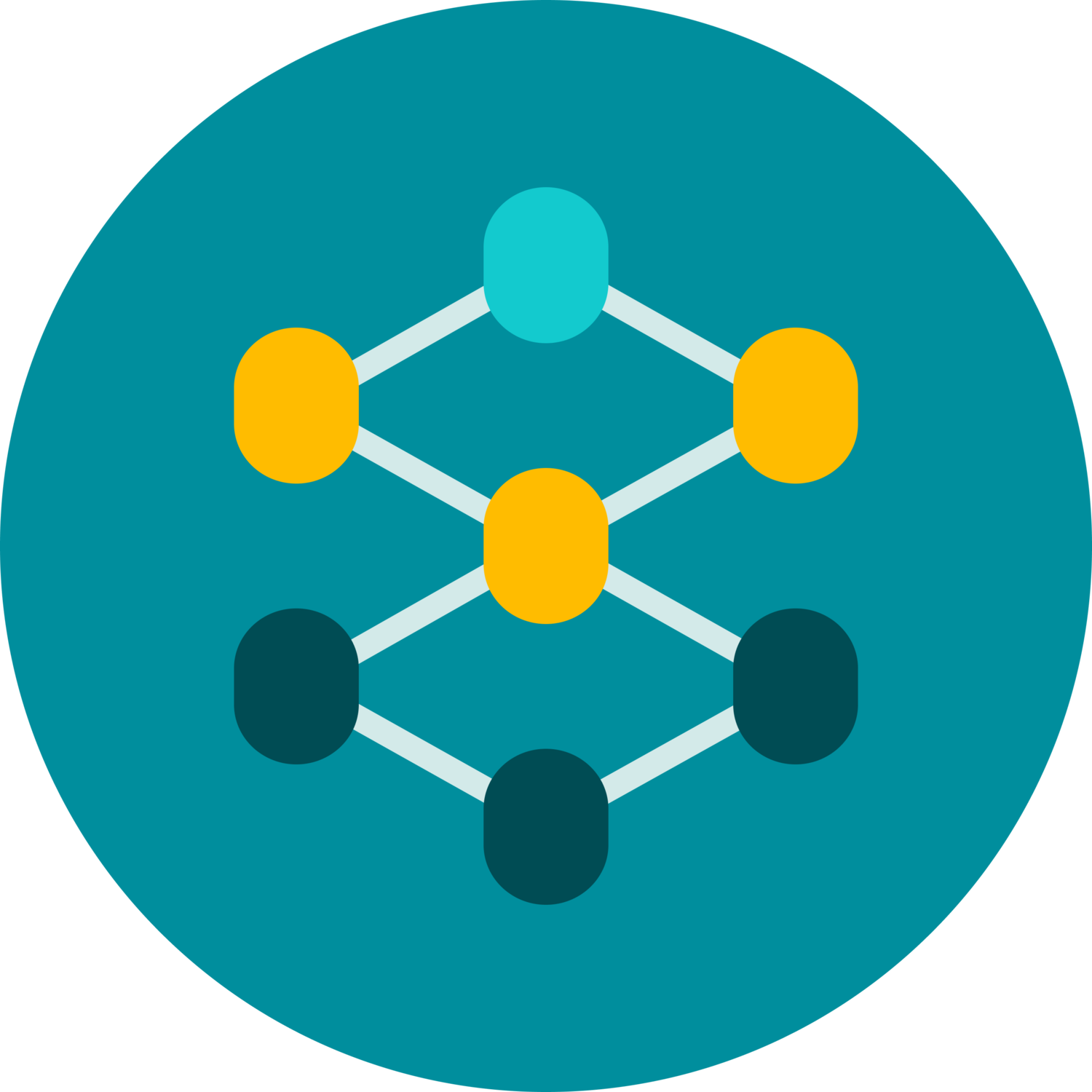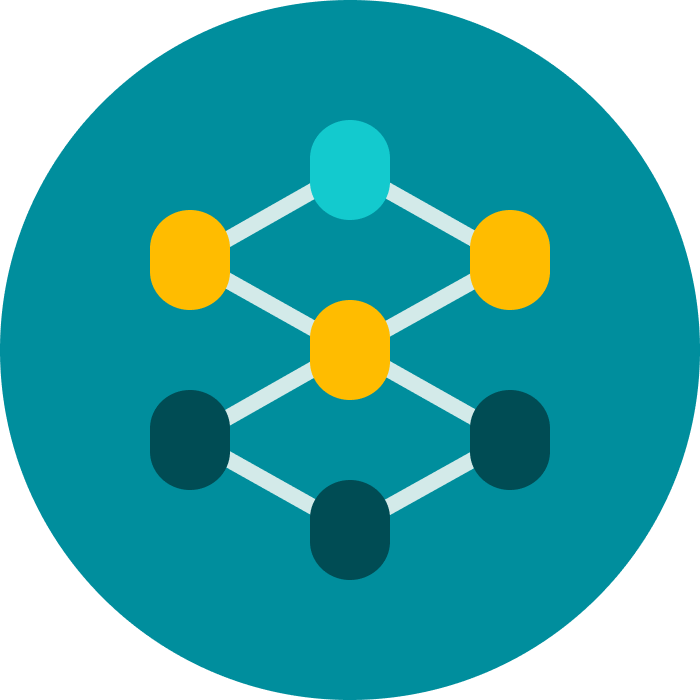The speed of change: from years to minutes for a specialist opinion
2005:
I was working a community service doctor at Madwaleni Hospital, in deep rural Eastern Cape.
“Madwaleni is a 2-hour, good-weather drive from Umtata on patchy dirt roads. The Mbashe district is the birthplace of former President Nelson Mandela, who still maintains a home there, and of current president Thabo Mbeki, whose mother still lives there”. – Chris Bateman, South African Medical Journal 2005
A 34-year-old patient with a serious eye condition came to see me. Although I liked ophthalmology I didn’t have enough knowledge or skills to help him. He needed specialist treatment and the nearest tertiary hospital in Mthatha was 2 hours away.
We didn’t have a working landline, but I phoned the switchboard on my Nokia 5110 cellphone (no camera) and managed to speak to Dr Kettledas, the registrar on call, who agreed to see the patient.
Our referral system consisted of writing in an exercise book which the patient carried with him. In his book I recorded my findings along with the statement “please call me to teach me about this case because I have an interest in ophthalmology”. As far as I knew at the time the patient left for Mthatha, but I never had a reply and I never saw the patient again. I left Madwaleni at the end of the year.
2012:
After working as an ophthalmology medical officer for two years, I drove the 8 hours from Port Elizabeth to Madwaleni Hospital to give some basic ophthalmology training over the course of a weekend.
The doctors and community health workers organised for patients with eye conditions to come to the hospital over those days. I brought eye charts to donate to the hospital, trained the doctors as best I could and started seeing patients with them.
One patient looked familiar. Now 41, he was the patient I had seen in 2005. He still had the exercise book with the referral I had written to Dr Kettledas. He told me that he was not able to get transport to Mthatha in 2005 and had never received care for his eye. Essentially he had waited 7 years to get an opinion from an ophthalmology trained health worker: the time it took me to be trained in ophthalmology and return to Madwaleni. Unfortunately he had lost sight in that eye in 2005, and there was nothing I could do to treat him.
2014:
After 1 year of development the Vula app was launched to enable rural health workers to get specialist ophthalmology advice in minutes. Most health workers now have access to a smartphone with camera, and the app is designed to work in low data environments. An average referral with one photo is only 80KB and costs less than one cent to send.
Specialist response times vary, but for many referrals the primary health worker receives a reply in under 5 minutes. That means that rural health workers can get a specialist opinion while they are with the patient: no paper, no exercise books, no landlines, no waiting for hours on a switchboard, but a direct link to the specialist on call.
Getting a specialist opinion in minutes rather than years: it could make all the difference for the patient.

